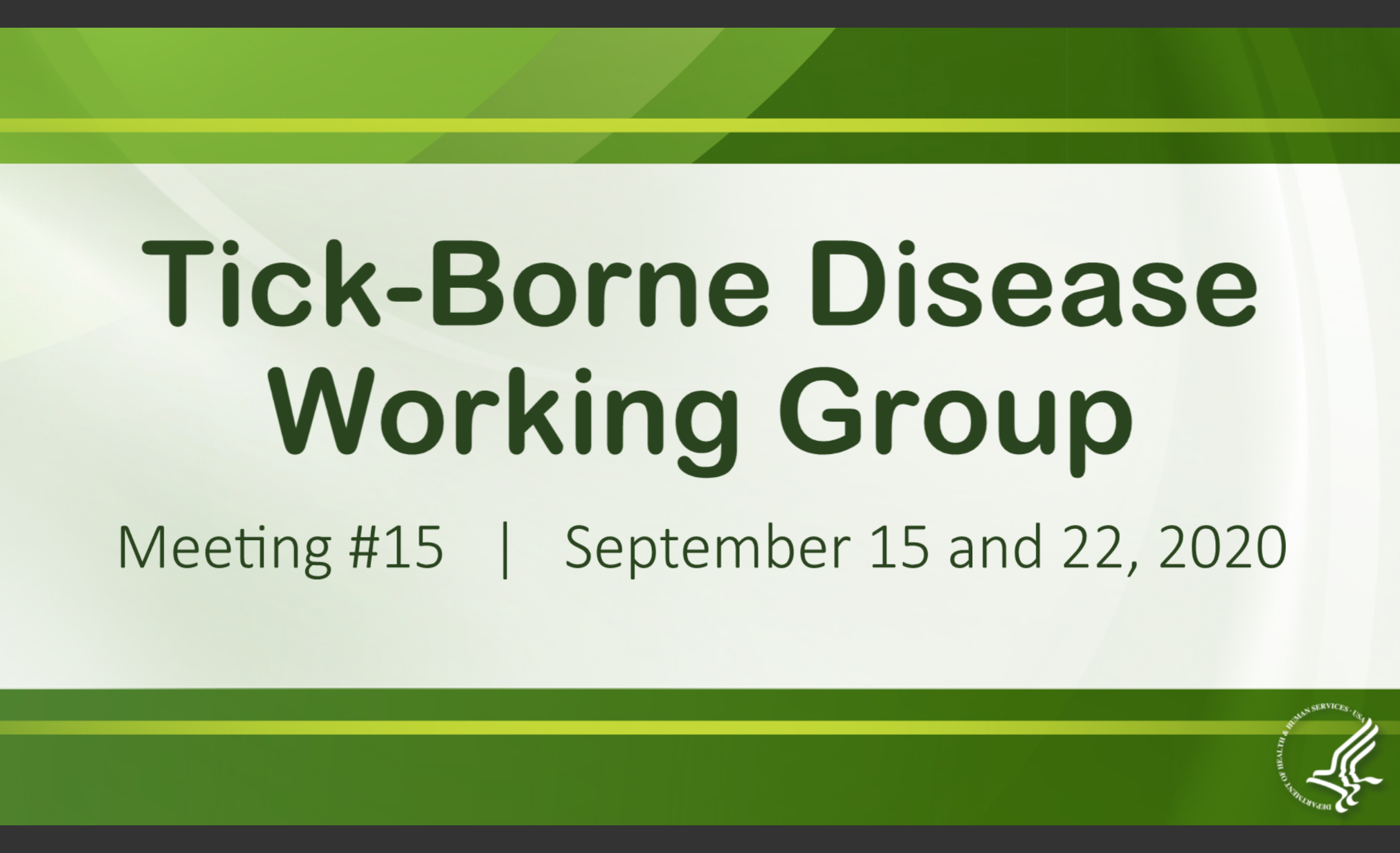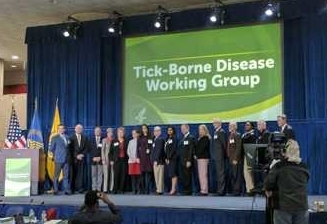LDA Doctor Referral System © Terms & Conditions and Guidelines
Save this Information for Your Records:
About LDA DOCTOR REFERRAL SYSTEM ©
Welcome to the Lyme Disease Association’s LDA Doctor Referral System ©. LDA made updates and enhancements to its prior system and has launched a new site to provide patients with information about doctors, other practitioners, testing labs, and pharmacies that are knowledgeable about chronic Lyme disease and often about many other tick-borne diseases (TBD). Many of the doctors listed are often referred to as Lyme Literate Physicians/Doctors (LLMD). Tens of thousands of patients have successfully used the prior LDA system to locate Lyme and TBD resources.
Terms & Conditions and Guidelines
Because there is a negative political climate surrounding Lyme disease, many LLMDs do not want their names posted outright on the internet. LDA has tried to balance the doctors’ wishes with patients’ need to find a doctor. This new system is a result of that compromise and therefore:
- LDA permits searches over a calendar month period that will result in access to up to 15 Doctor Referrals. To access a Doctor Referral listing, first conduct a search, and then click on the desired provider from the results that populate. Clicking on a listing will re-direct you to that provider’s page which will include all necessary contact information. The system enables you to click on up to 15 Doctor Referrals every calendar month period.
- Searches can be refined based on the search location (street address, city, zip code or country), search radius (distance from the starting point), category filter(s), and/or keyword search.
Because of the limited number of physicians treating chronic Lyme disease nationwide, some states, and in some instances, entire regions, may not have any treating physicians who follow flexible treating approaches such as those in the International Lyme & Associated Diseases Society (ILADS) Guidelines, Evidence Assessments and Guideline Recommendations in Lyme Disease: The Clinical Management of Known Tick Bites, Erythema Migrans Rashes and Persistent Disease. In the event that the LDA Doctor Referral System © contains no Lyme or TBD resource listings in a given area, the closest possible option(s) will populate based on the location entered and specaialty/ies selected. The LDA appreciates any changes in provider information that you may find and make us aware of so we can investigate.
Search Doctor Referral















